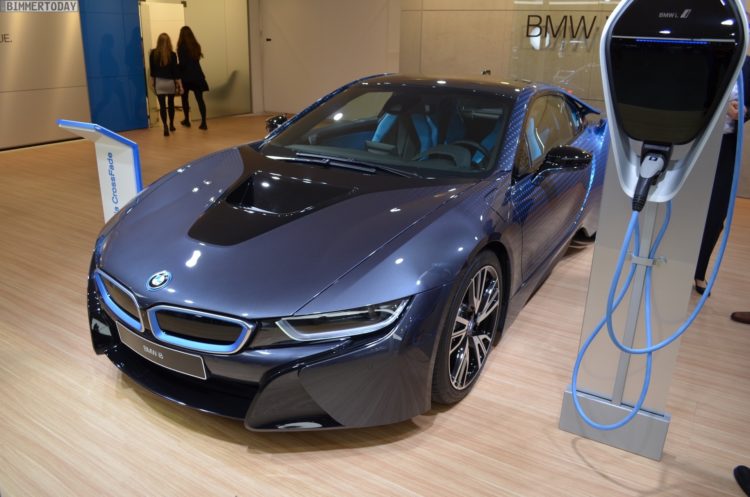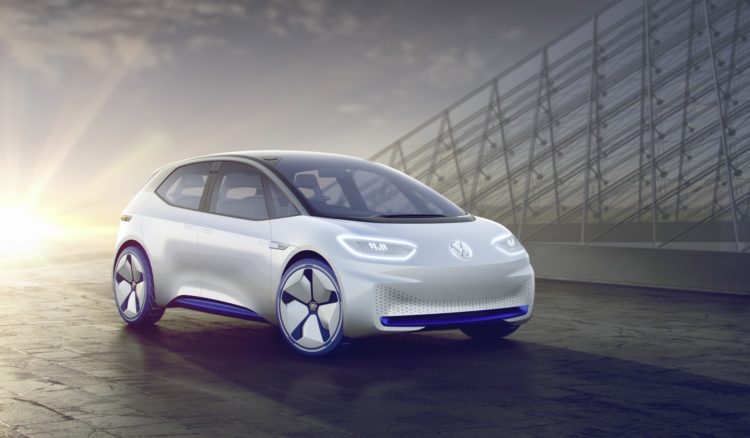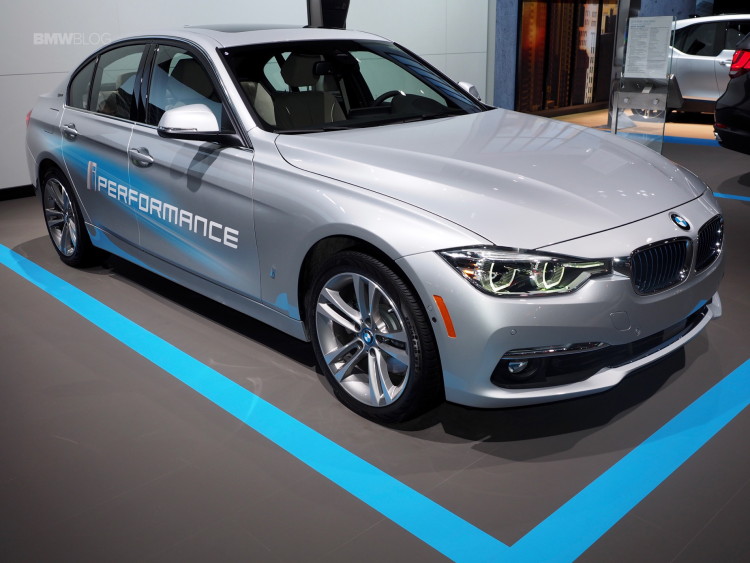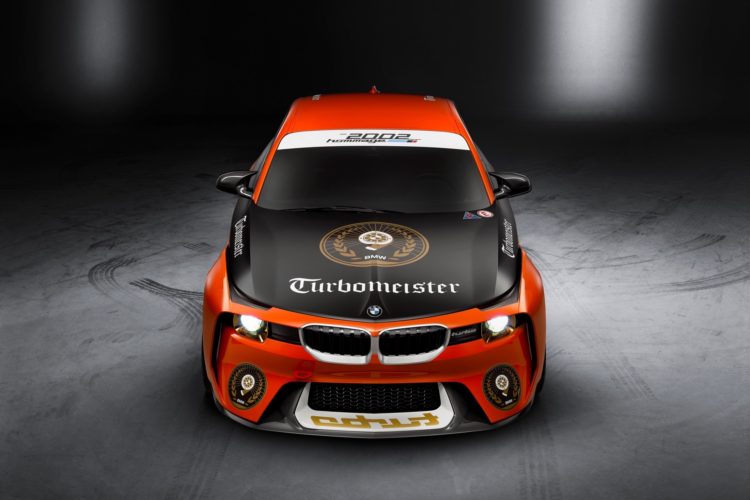In 2014, BMW made two big splashes in the electric vehicle world, with the BMW i3 and i8. Those two, carbon fiber-intensive, highly technological cars made big waves in the automotive world. Yet, despite the buzz they created, demand wasn’t where BMW had hoped. This hurt profitability, as those cars were extremely expensive to develop but didn’t sell as BMW had hoped. This has caused BMW to use a more reserved approach to the world of EVs.
At this year’s 2017 Geneva Motor Show, BMW merely debuted updated variants of current models, with some new body styles sprinkled in. The biggest news on the BMW stand actually came from ALPINA, with the B5 Biturbo stealing hearts. So it’s been pretty quite on the EV front for BMW this year. But the reason for that is that BMW is investing in a change. A change from a car company to an automotive technology company and, as unsexy as it may be, profits need to be there to do so.

“We’re transforming BMW from a carmaker into a tech company and a mobility-service provider,” BMW CEO Harald Krueger told Bloomberg. “During this transformation, there’s one constant factor — a rigorous focus on what helps our customers and what they desire.”
So BMW will be focused on creating vehicles that customers can buy right now, thus increasing current profitability. All the while, its competitors like Mercedes-Benz, Volkswagen and Audi have been putting out very impressive concept EVs. This makes it seem as though those brands are miles ahead of BMW, in terms of EV tech. But BMW is adamant that focusing on battery and electric technology in the background is the way to go.
BMW also feels that it’s necessary to create plug-in hybrids and EVs for right now, such as the 330e and 530e iPerformance plug-ins. The cars cars that will get the mainstream customer into the electric space. Many fans criticize this move, using Tesla as an example of the right way to do things. However, the Bavarians feel that battery technology simply isn’t where it needs to be at the moment and wants to further invest in that before developing new electric vehicles. And they feel as if they can manage both quite successfully, bringing customers plug-ins for right now while investing in the future in the background.

“BMW is large enough to master the investment demands for future technologies and keep profitability up,” said Krueger.
There are some, though, who believe that BMW is going to be left behind by other more innovative automakers. “The danger is that these new vehicles like Mercedes’ EQ and Volkswagen’s I.D. are a huge success, leaving BMW wrong-footed,” Harald Hendrikse, a London-based analyst with Morgan Stanley, to Bloomberg. “The push for electric cars does feel more real this time.”
Though, Hendrikse does go on to say that it’s possible for BMW’s approach is a safe one. “BMW’s decision to go for a gradual approach feels like the safer one in terms of investment outlay,” he said. “There’s no evidence to suggest people need a special-looking electric car and won’t buy a 3-Series with a good battery range.”

While Tesla, Mercedes, VW and Audi are all boasting about their current tech, which will likely be obsolete in three to five years time, BMW is waiting for the tech to be there first. If BMW’s right, by the time the level of battery technology advances to the point where electric cars are a viable option for the masses, BMW should have the funds and tech to be ahead of the game.
[Source: Bloomberg]





































































